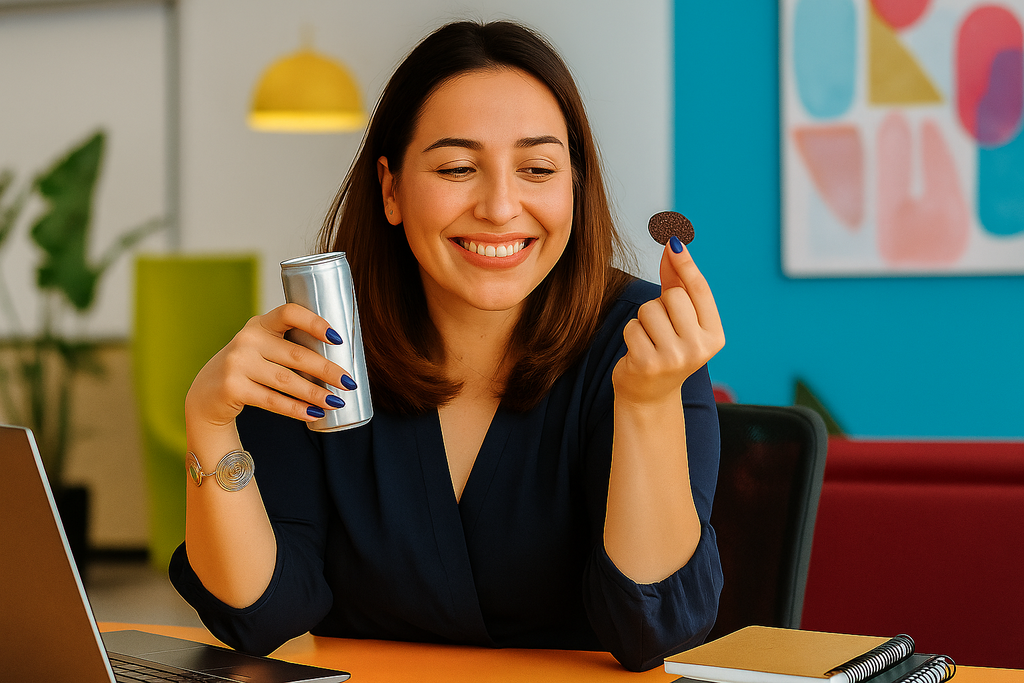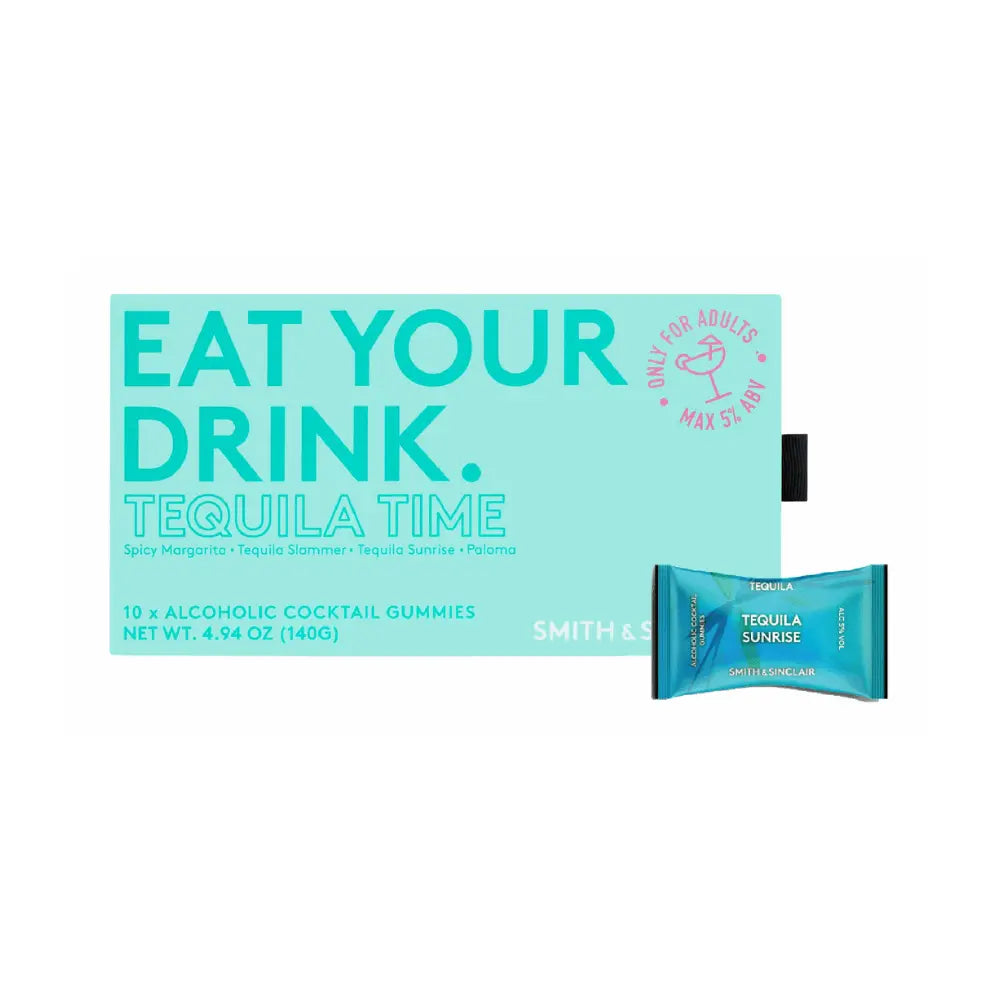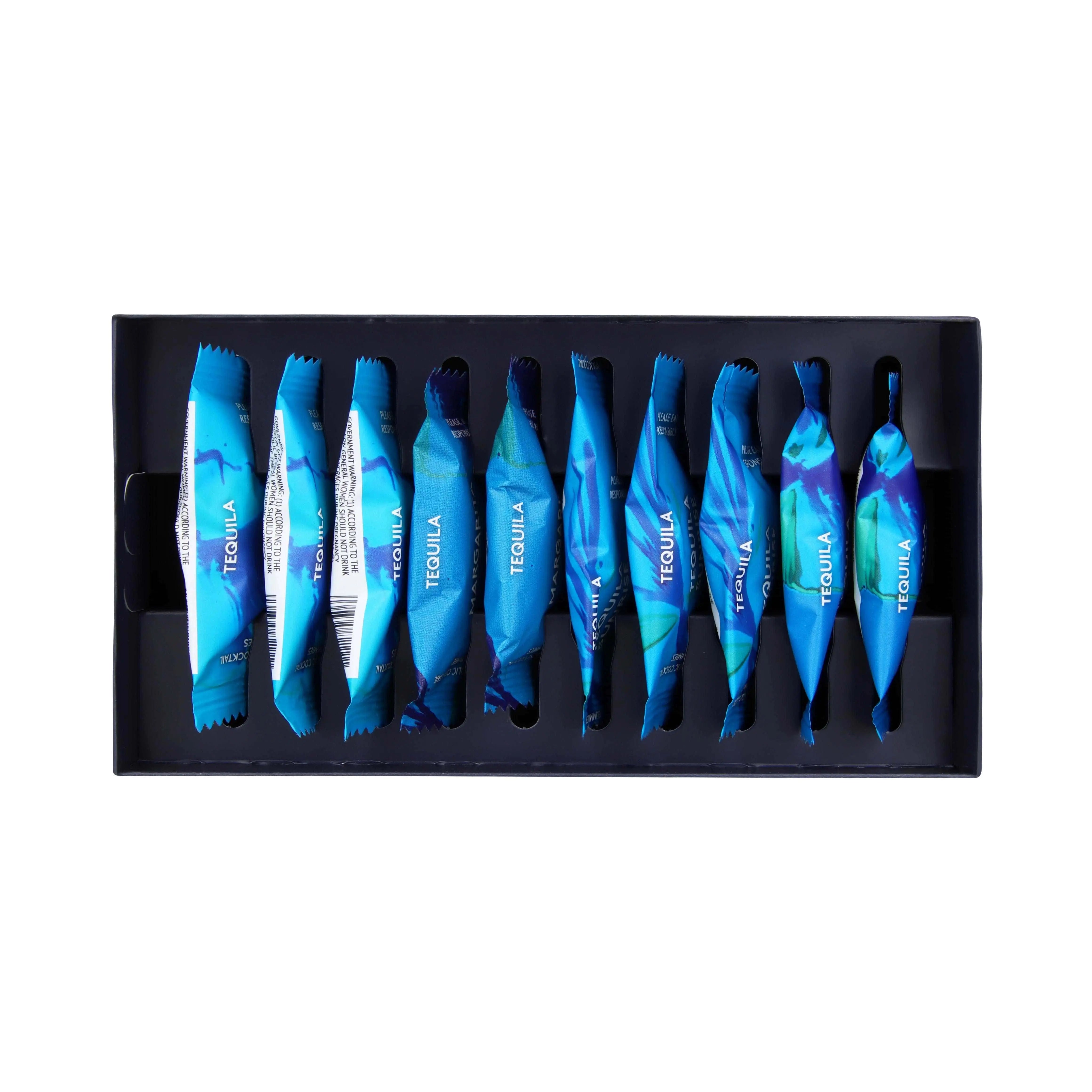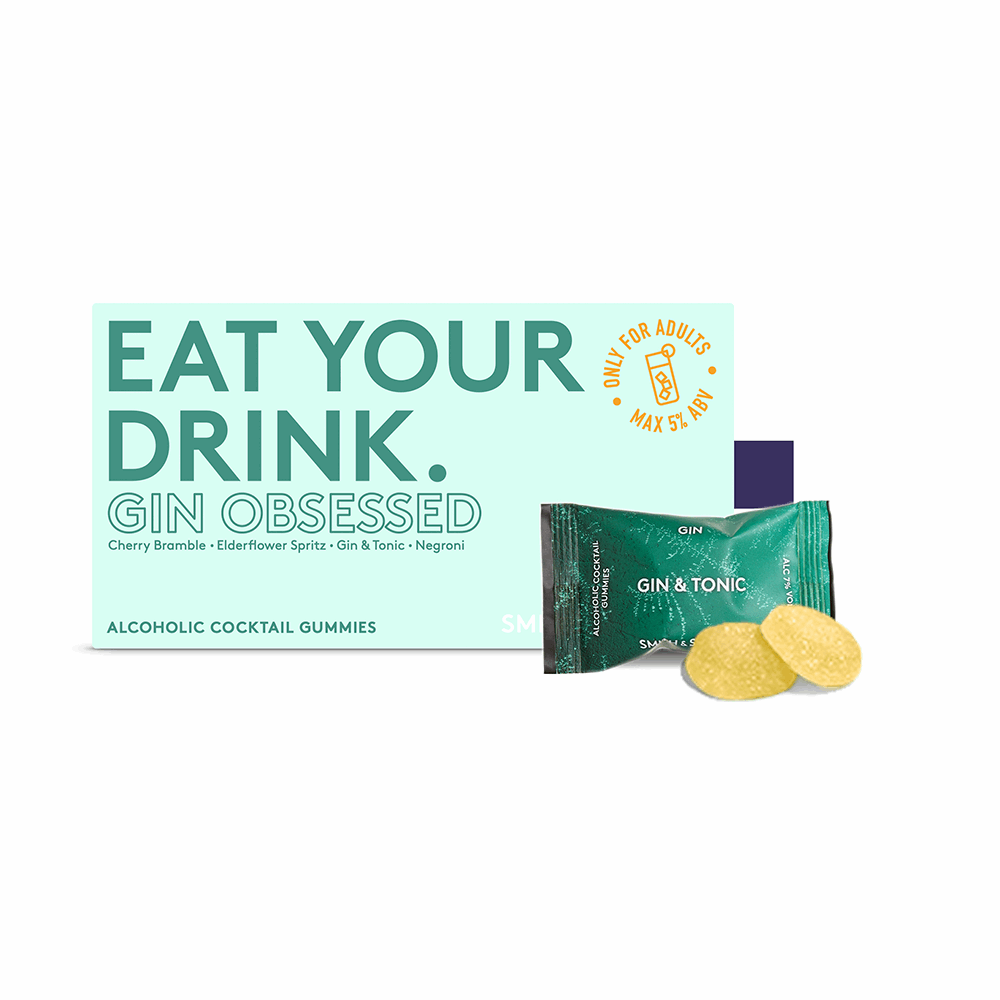
Coffee Gummies vs. Energy Drinks: Which is the Smarter Energy Boost?

We’ve all had those moments. The mid-afternoon fog rolls in, the to-do list isn’t shrinking fast enough, and suddenly we’re desperate for a little push. For years, the quick answer has been grabbing an energy drink, easy, familiar, and sold to us as the magic solution to fatigue. But in recent years, a new player has entered the scene: coffee gummies.
At first, they might sound like a quirky trend. Gummies are usually linked to sweets, not serious productivity hacks. Yet behind their playful shape lies a very real alternative for people who want the lift of caffeine without the sugar overload or chemical cocktail often hiding in traditional energy drinks.
These drinks often contain added sugars, which contribute to their energy-boosting effects but also raise health concerns. So when it comes down to it, coffee gummies vs energy drinks, what’s really the smarter choice for our bodies and minds?
The Rise of Modern Energy Boosters: What’s Driving the Shift?
Not long ago, energy drinks were everywhere. Branded fridges glowed in shops, adverts promised focus and strength, and cans became the go-to companion for late-night study sessions and marathon shifts.
But today, we’ve grown more curious and more cautious. We’re asking what’s actually inside those cans. We’re paying attention to sugar content, high caffeine content, and long-term health.
That shift has created space for alternatives. Coffee gummies have stepped in with a new way to get caffeine, smaller, tidier, and more transparent about what’s inside. They’re not just about swapping one source of caffeine for another; they’re about reshaping how we approach an energy boost itself.
Public health organisations and authoritative health centers, such as the Centers for Disease Control and Prevention (CDC), have raised concerns about overconsumption of drinks with added sugar, artificial additives, and other stimulants like guarana or ginseng.
For young adults, children, and even adults with health conditions, the risks of large amounts of stimulants are clearer than ever. Nutrition professionals and dietitians play a key role in educating the public about the risks of energy drink consumption.
It’s no surprise that healthier options are now leading sales in the supplement space. Prevention of negative health effects is a major focus for these organizations and professionals, highlighting the importance of controlling energy drink consumption.
A Side-by-Side Comparison: Coffee Gummies vs. Energy Drinks
To understand the difference, it helps to look at how each option really works in our bodies and in our daily routines.
|
Feature |
Coffee Gummies |
Energy Drinks |
|
Absorption |
Rapid absorption through the mouth (sublingual), quicker onset |
Slower digestion-based absorption, effects felt after 30–60 minutes |
|
Caffeine Content |
40–60 mg per gummy (easy to control dosing) |
80–300 mg per can, often with high caffeine content |
|
Ingredients |
Natural ingredients, natural caffeine, sometimes B vitamins |
Often contain added sugar, artificial additives, guarana, taurine, and other ingredients |
|
Sugar Content |
Usually low or sugar-free |
High sugar content in many brands is linked to sugar crashes |
|
Carbohydrates |
Typically low in carbohydrates |
Often contain significant carbohydrates due to high sugar content |
|
Portability |
Pocket-sized, no fridge needed, single-serving control |
Bulky cans must be fully consumed once opened |
|
Health Impact |
Healthier alternative, fewer negative side effects, sustained energy |
Associated with increased risk of heart issues, anxiety, and fatigue from sugar crashes |
|
Target Audience |
Students, professionals, health-conscious adults |
Athletes, people seeking a quick energy boost, and those used to sports drinks |
How They Work: Speed of Absorption and the "Gummy Advantage"
The Science of Sublingual Absorption: How Gummies Get to Work Faster
Caffeine gummies don’t waste time. Because they dissolve in the mouth, caffeine gummies offer rapid absorption through the mucosal tissues, this convenience means the caffeine fix can feel almost instant. That’s why they can kick in faster than drinks, which take the longer digestive route.
Why Energy Drinks Have a Slower Onset
Energy drinks need to be processed through the stomach and intestines. Depending on when we last ate, the energy can take half an hour or more to properly land. For some people, that unpredictability makes it harder to time their quick energy boost.
Understanding the Role of L-theanine for a Smooth Effect
Many high-quality gummies also add L-theanine, an amino acid found in tea. It’s known for balancing out caffeine, smoothing the energy curve, and reducing anxiety. This combination can support brain function, enhancing focus and mental clarity. In contrast, energy drinks often lean on a punchy mix of stimulants that can feel more like a rollercoaster.
What's Inside: Unpacking the Ingredients
Coffee Gummies: The Clean-Label Ingredients You Should Look For
The beauty of coffee gummies is in their simplicity. Natural caffeine, a touch of sweetness, sometimes B vitamins, it’s clear and controlled. Some gummies may also include natural supplements like garcinia cambogia, which is known for supporting metabolism and fitness goals. Each gummy is a measured single serving, so we know exactly how much caffeine content we’re getting.
Energy Drink Ingredients to Avoid for Your Health
Energy drinks are a mixed bag. Alongside caffeine, many are packed with added sugar, artificial additives, guarana, ginseng, and taurine in unknown amounts. Some even go overboard with high caffeine content, especially when mixed with those additional ingredients.
It's important to note that caffeine and other stimulants are still present in these beverages, which can impact health even if the drinks are labeled as healthy or sugar-free. Drinks like Red Bull and other sports drinks can sometimes blur the line between refreshment and supplement.
Decoding the Caffeine Content: A Milligram-to-Milligram Breakdown
Gummies usually carry around 40–60 mg of caffeine each, giving us room to pace ourselves. Energy drinks range from 80 mg to over 300 mg in a can. That’s a lot to be consumed at once, and it’s easy to drink more than we realise.
Health and Wellness: The Risks and Rewards
The Impact of Energy Drinks on Heart Health and Blood Pressure
Research has raised red flags about regular energy drink consumption, linking it to spikes in blood pressure, irregular heartbeat, and even A&E visits. The combination of high sugar content, intense caffeine, and other stimulants can put unnecessary stress on the heart. For some, this may even increase the risk of cardiovascular issues.
Managing the Jitters: Why Gummies Offer a Smoother Energy Curve
Because gummies are portion-controlled, it’s easier to avoid the “all at once” jolt that comes from finishing a can. The result is steadier energy levels with fewer negative side effects, a big win for anyone juggling focus-heavy tasks.
The Link Between Sugar and the "Energy Drink Crash"
A can of energy drink can hide as much sugar as a fizzy drink. That sugar rush may feel good at first, but once blood sugar levels crash, so does our energy. Gummies, especially the low-sugar or sugar-free ones with natural ingredients, sidestep that problem.
Benefits of Choosing Coffee Gummies for Your Daily Boost
Coffee gummies aren’t a gimmick. They’re practical, thoughtful, and well-suited to the way we actually live and work. For those seeking a convenient energy boost, coffee gummies are considered a healthy alternative to coffee or energy drinks.
Portability and Dosing Control
No need for a fridge or a bulky can. Gummies slip into a pocket or bag, ready whenever we need them. And because each piece is a set dose, we stay in control. One gummy for a light lift, two for a bigger boost, making it easy to stay within the recommended dosage.
Avoiding the Crash: The Difference in Energy Spikes
The slow-and-steady approach of gummies means no sugar crash, no sudden plummet in focus. It’s about sustained energy instead of yo-yoing between highs and lows.
Gentle on the Body: A Stomach-Friendly Alternative
For anyone who’s ever felt their stomach burn after a fizzy energy drink, gummies are a healthier alternative. No carbonation, no acidity, just the caffeine without the upset.
The Downsides: Potential Side Effects and Concerns
It wouldn’t be fair to say gummies are perfect. Both options carry some things to watch out for. When consuming caffeine gummies, it's important to monitor how much you are consuming to avoid potential adverse effects and maintain your overall health.
Common Side Effects of Caffeine
Too much caffeine, no matter the source, can bring restlessness, poor sleep, or a racing heart. The key is knowing our limits and sticking to them. Negative effects tend to appear when large amounts are consumed quickly.
The Hidden Risks in Energy Drinks
Energy drinks go beyond caffeine. Their mix of added sugar, artificial additives, and high doses means they come with extra risks, from anxiety to disrupted sleep cycles. For children and young adults, this can lead to even more pronounced negative outcomes.
Mixing energy drinks with alcohol poses additional dangers, including increased dehydration, impaired judgment, and a higher risk of engaging in risky behaviors.
What to Look For in a Quality Coffee Gummy
Not every gummy is created equal. Look for natural ingredients, clear labelling, and brands that tell you exactly how much caffeine you’re getting. The simpler the recipe, the better for overall health.
Who Should Choose What? A Quick Guide

Different lifestyles call for different choices, and it helps to know which fits where.
For Athletes and Fitness Enthusiasts
Energy drinks or sports drinks can sometimes double as a pre-workout, especially when they add electrolytes. Sports drinks are specifically designed to support hydration and energy during or after physical activity, making them popular among athletes and active individuals. But for those who want a leaner, healthier option without high sugar content, gummies can offer the same power without the extra baggage.
For Students and Professionals
Gummies are a secret weapon for studying or long work sessions. They’re discreet, easy to keep on hand, and less likely to interrupt focus with a sudden crash. Plus, they fit seamlessly into academic or office routines.
For the Health-Conscious Consumer
If health is the main priority, gummies almost always win. There is ongoing debate around healthy energy drinks, as even sugar-free or so-called healthy energy drinks may not be as healthy as they seem due to concerns about caffeine and other stimulants.
Gummies are transparent, portion-controlled, and leave out the questionable extras that energy drinks often include. They’re a healthier option with clear health benefits for adults who want alertness without long-term negative risks.
FAQs
Are coffee gummies healthier than energy drinks?
Yes, they usually contain fewer additives, less added sugar, and more controlled caffeine levels.
How much caffeine is in coffee gummies compared to energy drinks?
One gummy has about 40–60 mg, while energy drinks can range from 80 mg to over 300 mg per can.
Do coffee gummies cause fewer jitters than energy drinks?
Often yes, thanks to smaller doses and the option to pair caffeine with L-theanine.
Are coffee gummies better for on-the-go energy than drinks?
Absolutely, they’re pocket-sized, spill-proof, and discreet.
How long does the energy from coffee gummies last?
Usually 3–5 hours, depending on dosage and personal tolerance.
Are coffee gummies a cost-effective alternative to energy drinks?
Yes. One pack of gummies can replace several cans, making them a savvy choice.
What are some healthy alternatives to energy drinks?
Milk is a calcium-rich beverage that supports bone health and can be a healthier alternative to energy drinks. Black coffee is another option, as it is naturally sugar-free and contains no added sugars, making it a simple and low-calorie choice.
The Final Verdict: Making an Informed Choice
Both coffee gummies and energy drinks have their place. Energy drinks might suit the occasional endurance challenge or late-night marathon shift. But if we’re thinking about daily habits, health, and consistency, gummies make a stronger case.
They’re quicker to absorb, smoother in effect, and kinder to the body. More than anything, they reflect a shift in how we approach energy: not as a jolt to get us through, but as a steady, balanced support. With evidence-based information showing the negative side effects of high sugar content and other ingredients in drinks, gummies emerge as the healthier alternative for everyday use.
So next time the slump creeps in, maybe it’s worth swapping the can for a gummy. Small, smart, and surprisingly effective, it could be the change we didn’t know we needed.











